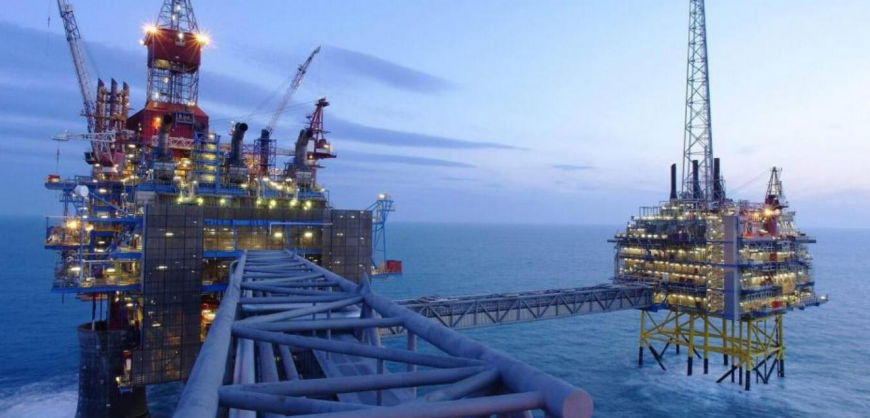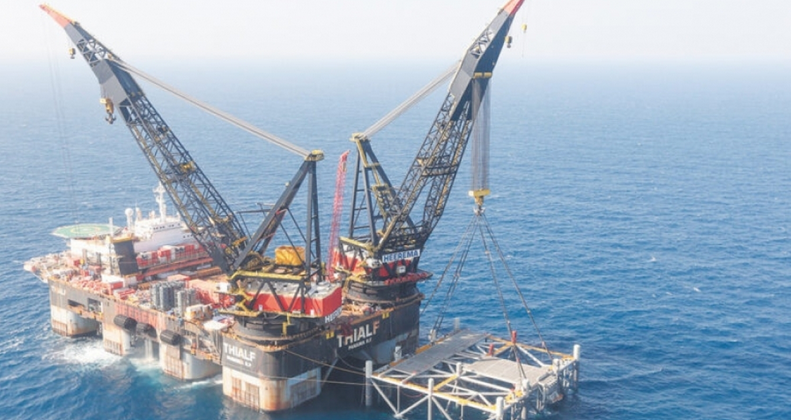The cost of drilling is estimated to range from 100 to 150 million euros, with the final cost depending on the depth. As an indicative example, drilling in Egypt’s Zohr field, which shares geological similarities with the region of Crete, cost approximately $1.5 billion. ExxonMobil, being one of the largest energy entities globally, has the necessary financial stability to self-finance the drilling in Crete. HELLENiQ ENERGY, as a partner in the consortium, will contribute a share to the overall cost of drilling.
ExxonMobil is expected to make the final investment decision for the implementation of exploratory drilling within the next few weeks. In the event of a positive outcome, drilling could take place by 2025. The development of the field, if hydrocarbons are discovered, could occur in 2027. Production, in case of success, could commence in 2029 or even earlier. In conclusion, the development of the Zohr field in Egypt was completed within a four-year period from its discovery.
ExxonMobil leads the consortium, holding a 70% stake, while HELLENiQ ENERGY participates with the remaining 30%, providing expertise and experience for the implementation of the program. HELLENiQ ENERGY has knowledge of the Greek market and the regulatory framework under which such projects are implemented.
The best snoozing strategies for surviving an “all-nighter”
ExxonMobil has intensified contacts with the Greek government to ensure the smooth implementation of the program. Deputy Minister of Energy, Ms. Alexandra Sdoukou, has held meetings with ExxonMobil executives in Washington and Cairo.
The implementation of the program could bring significant economic benefits to Greece through job creation and increased revenues from natural gas. Greece could become an energy hub in the Eastern Mediterranean region in collaboration with investments in the Alexandroupolis area and LNG floating stations. It is estimated that the exploitation of hydrocarbons in Crete could add up to 2% to Greece’s GDP.






































